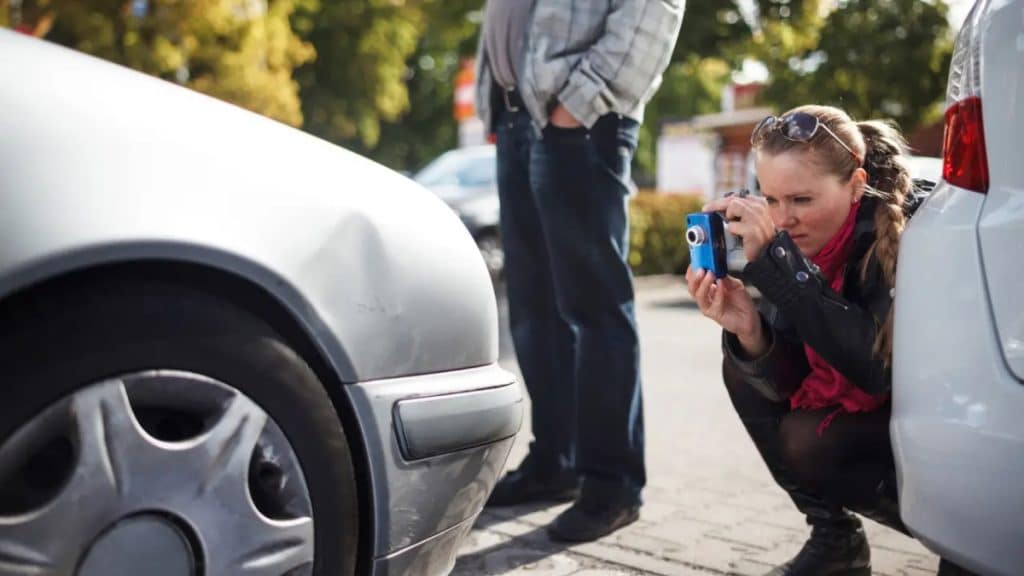Witnessing a car accident can be a jarring experience, and knowing how to react promptly and appropriately can make a significant difference in the outcome for those involved. Whether it’s a minor fender-bender or a severe collision, your actions can influence the well-being of the accident victims and the overall safety of the scene.
Ensure Your Safety First
Before anything else, your safety is paramount. When you come across a car accident, the first step is to make sure you are not in harm’s way. If you are driving, carefully move your vehicle to a safe location away from the accident scene. This could mean pulling over to the shoulder or a nearby parking lot. Turn on your hazard lights to alert other drivers that there is an emergency and that they should proceed with caution. Avoid stopping too close to the accident site, as this could place you in the path of ongoing traffic or other potential hazards.
Assess the Scene
Once you have ensured your own safety, take a moment to assess the accident scene from a safe distance. Look for any immediate dangers, such as fires, smoke, or leaking fuel, which could pose a risk to you or others. Observe the number of vehicles involved and the severity of the damage. Check for any visible injuries or signs of distress among the individuals involved. This initial assessment will help you determine the urgency of the situation and guide your next steps.
Call Emergency Services
Next, it is crucial to contact emergency services. Dial the emergency number, such as 911 in the United States, to report the accident. Provide the operator with detailed and accurate information about the location of the accident such as the highway and which direction traffic is bound (North, East, South, West), the number of vehicles involved, and any visible injuries. Be clear and concise in your description, as this will help emergency responders assess the situation and deploy the appropriate resources. Stay on the line until the operator provides further instructions or confirms that help is on the way.
Offer Assistance if Safe to Do So
If it is safe and you are willing, you can offer assistance to those involved in the accident. Approach the scene cautiously, keeping an eye out for any potential dangers. If you are trained in basic first aid, you can provide initial help, such as administering CPR or treating minor injuries, until professional help arrives. Encourage injured individuals to stay calm and still, as sudden movements could exacerbate their injuries, especially if they have sustained spinal damage. Your presence and support can help alleviate some of the immediate distress experienced by the victims.
Do Not Move the Injured
It is important not to move any injured individuals unless there is an imminent threat, such as a fire. Moving someone who is injured, particularly if they have sustained head, neck, or back injuries, can lead to further harm, including spinal injuries. Explain to the victims that staying still is crucial to prevent worsening their condition. Wait for emergency personnel who are trained to handle such situations and will move the injured safely if necessary.
Provide Information to Authorities
When law enforcement or emergency responders arrive, provide them with a detailed account of what you witnessed. This includes the direction in which vehicles were traveling, the state of traffic signals, and any contributing factors you observed, such as road conditions or driver behavior. Your testimony can be vital in understanding the cause of the accident and determining fault. Be prepared to provide your contact information for follow-up if needed.
Stay Until You Are Released
It is important to remain at the accident scene until you are officially released by emergency personnel or law enforcement. Your presence may be required for further questioning or to provide additional information. A personal injury attorney in Lebanon, TN relayed that if you leave the scene prematurely, you may miss an opportunity to provide crucial details that could assist in the investigation or legal process.
Take Care of Your Well-being
Witnessing an accident can be a traumatic experience, and it’s important to acknowledge and address any emotional impact it may have on you. If you find yourself feeling distressed, anxious, or overwhelmed after the event, consider reaching out to a mental health professional. Engaging in self-care practices, such as talking to friends or family, practicing relaxation techniques, or seeking professional counseling, can help manage stress and emotional aftereffects. Taking care of your mental health is just as important as your physical safety.
Staying Safe
Knowing how to respond when you witness a car accident is crucial for ensuring the safety and well-being of everyone involved. By prioritizing your own safety, assessing the scene, contacting emergency services, offering assistance when appropriate, and providing information to authorities, you can contribute significantly to the effective handling of the situation. Additionally, taking care of your own emotional health after witnessing such an event is essential. Your actions can have a profound impact, and being prepared to act responsibly in emergency situations can help save lives and alleviate suffering.
